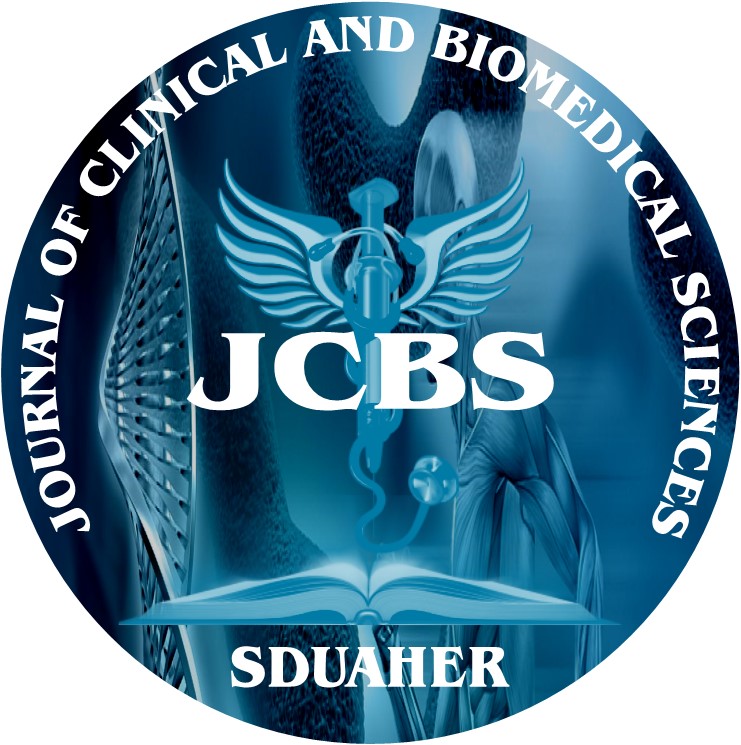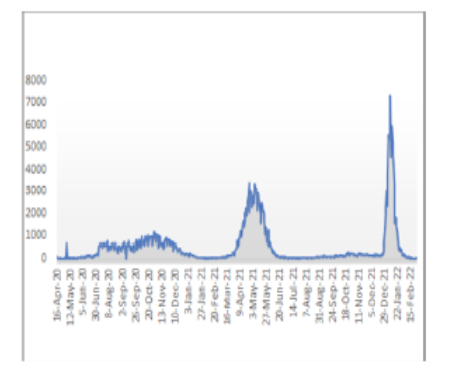


Journal of Clinical and Biomedical Sciences
DOI: 10.58739/jcbs/v15i2.24.210
Year: 2025, Volume: 15, Issue: 2, Pages: 95-103
Original Article
Bhattacharya Supratim1∗, Poray Jayanta1, Pal Prashnatita2, Bhattacharya Rituparna1
1Department of Computer Science & Engineering, Techno India University, Kolkata, West Bengal, India
2Department of Electronics & Communication Engineering, St. Thomas College of Engineering & Technology, West Bengal, West Bengal, India
*Corresponding Author
email: [email protected]
Received Date:12 November 2024, Accepted Date:11 January 2025, Published Date:11 July 2025
Background: Nowadays, public health structure is very much disrupted with intensive communicable diseases like dengue, malaria or covid-19 and non-communicable disease like cancer. Identifying proper segment of population susceptible to disease gives us an overall idea of the disease outbreak and helps in taking some precautionary measure form the governance point of view of the regulatory authority. Accordingly, there is always a substantial impact of different socio-demographic features in public health specifically for communicable diseases. Materials & Method: A Decision Support System (DSS) can help us tracking and monitoring, in real-time, the variation of segmented population in a certain geographic dimension about who are already infected or susceptible to infection. And further studying and analyzing and predicting different socio-demographic parameters creates certain impact in the pandemic scenario. On top of that applying machine learning technique helps us to plan or impose awareness rules and regulations. Epidemiological Model are effective in predicting population infection ratio, considering some parameters as constant. Furthermore, data privacy and security is always a major concern while dealing with sensitive data in Decision Support System. Not only that a decision support system should be able to accept data from diversified sources and can able to store that in decentralized manner adopting multiple stakeholders with different roles and responsibilities. We have proposed a DSS comprises of epidemiological model, machine learning technique, blockchain technology and anonymization technique. This novel Decision Support System will not only act as an alarming mechanism on varying population, geographic dimension and demographic factors but also will show the overall impact of those factors in any pandemic scenario keeping decentralization and security measure intact. Conclusion: The study effectively validates the effectiveness of the proposed model and substantiate that it surpasses different existing competitors’ method as well.
Keywords: Epidemiological model, Feedback-based SIR Model, Public Health, Blockchain, Anonymization
This is an open-access article distributed under the terms of the Creative Commons Attribution License, which permits unrestricted use, distribution, and reproduction in any medium, provided the original author and source are credited.
Published By Sri Devaraj Urs Academy of Higher Education, Kolar, Karnataka
Subscribe now for latest articles and news.